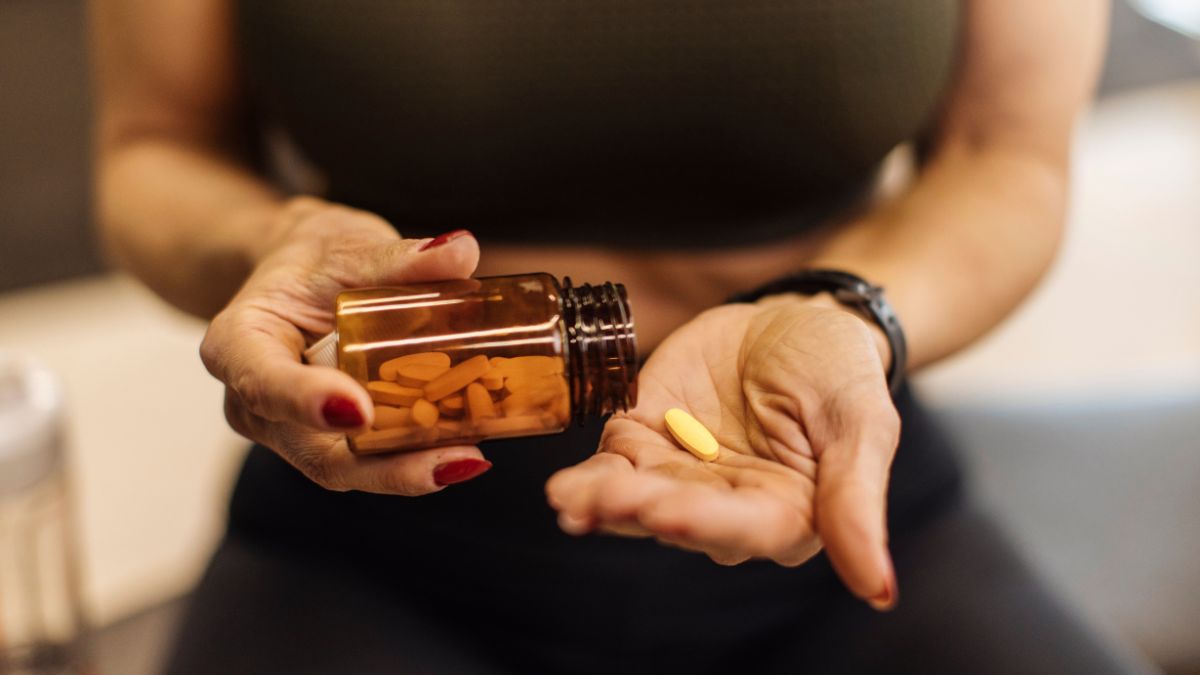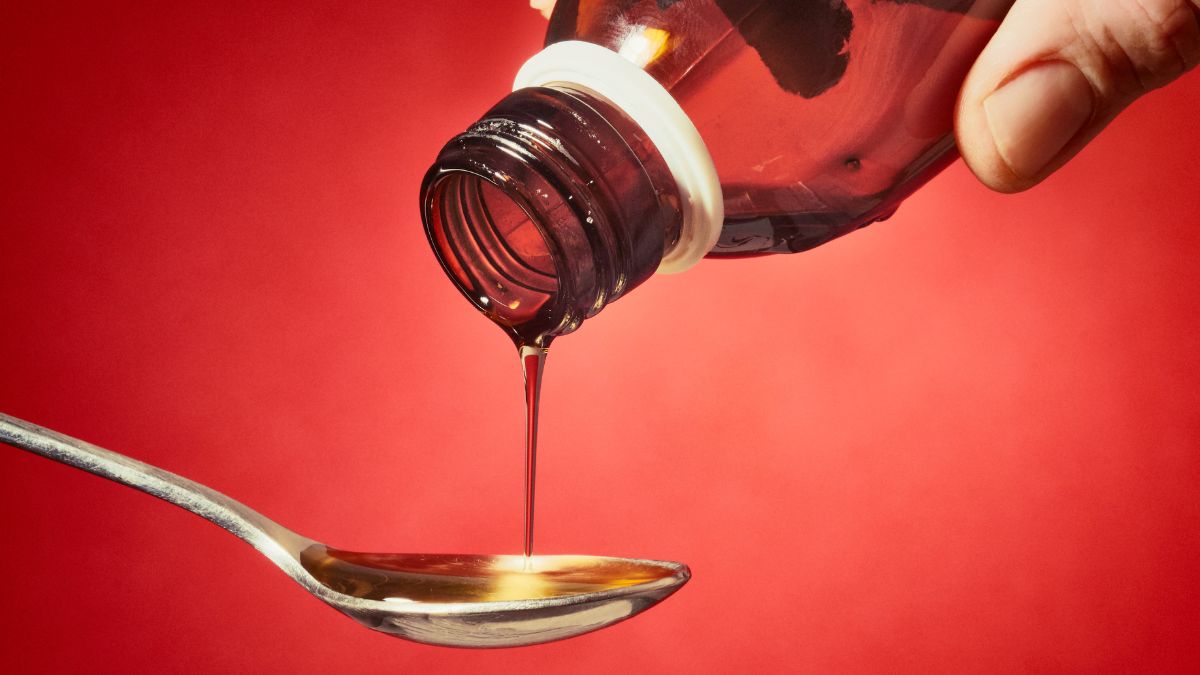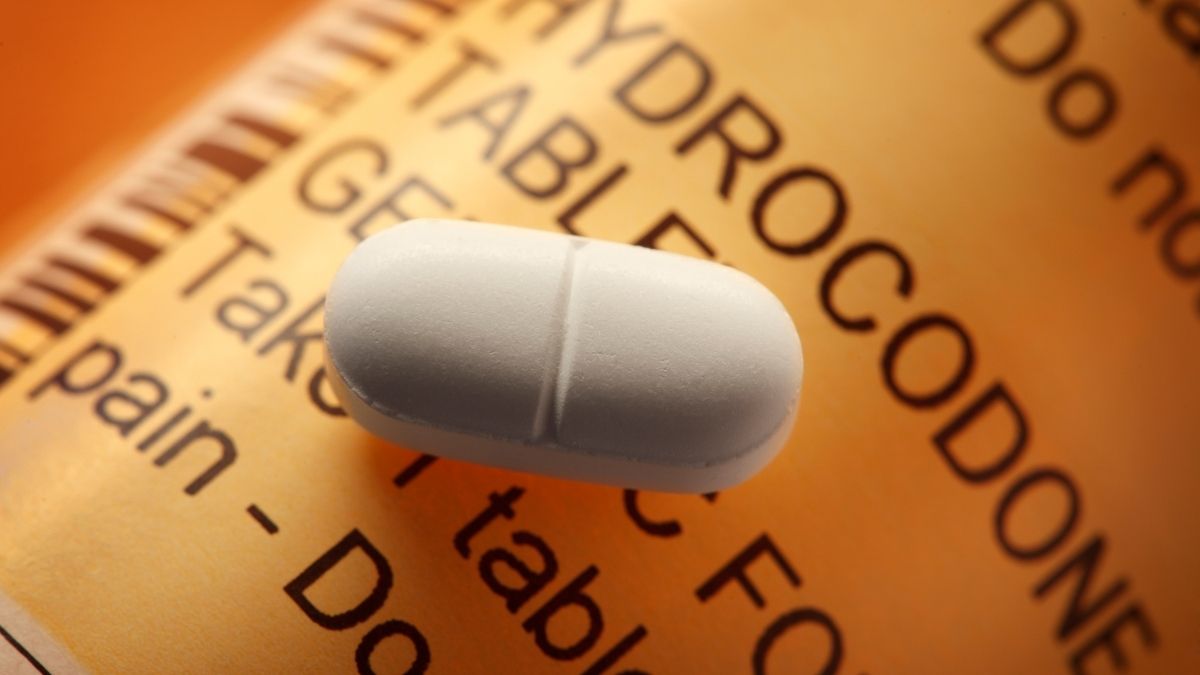Combining psilocybin mushrooms and alcohol can produce a potent cocktail of effects that pose heightened risks and uncertainties.
Historically, psilocybin mushrooms have been embraced across cultures for their spiritual and mystical experiences. A study even found that psilocybin-assisted therapy resulted in rapid and sustained antidepressant effects in individuals with treatment-resistant depression.
Parallelly, alcohol, a commonly consumed psychoactive substance worldwide, carries its effects and concerns. When these two substances are combined in the body, they lead to a series of different effects.
What Happens When You Mix Alcohol and Shrooms?
Mixing psilocybin with alcohol magnifies the effects of both substances, resulting in unpredictable and potentially dangerous physiological and psychological reactions.
When combined, users face an amplified risk of impaired judgment, heightened intoxication, and unpredictable behavior.
This combination can strain the body’s systems, leading to various health complications, from dehydration to more severe conditions. Given the potential severity of these combined effects, it’s crucial to approach this mix with extreme caution.
What are the Side Effects of Mixing Alcohol and Shrooms?
Mixing psilocybin and alcohol can lead to several health risks, such as nausea, dehydration, and exacerbated physiological reactions. Individuals might experience:
- Increased risk of nausea and vomiting due to an upset stomach
- Dizziness or lack of coordination, which increases the risk of accidents or falls.
- Heightened anxiety and paranoia
- Increased risk of shroom overconsumption because of alcohol, potentially leading to overwhelming hallucinations or bad trips.
- Unpredictable mental and emotional responses, including confusion, aggression, or disorientation.
- Dehydration and fatigue
- Bad judgment, which can lead to risky behaviors
- Longer recovery time, including hangover effects and lingering confusion.
- Potential for Memory Blackouts
- Risk of a panic attack
Also, read: Short and Long-Term Effects of Shrooms
Call Design for Recovery to Begin Your Healing Journey!
Reach out to our team to discuss sober living options and next steps toward a healthier routine.
How Alcohol Affects the Psychedelic Experience of Mushrooms?
Mixing alcohol with psilocybin can really change the experience, often making it less intense and harder to enjoy.
coholAl tends to dull the vivid effects and emotional insights that psilocybin is known for, which can make the trip feel less meaningful. It can also increase feelings of anxiety or paranoia, leading to a “bad trip.” Clarity that comes from mushrooms gets clouded by alcohol, making it harder to process what’s happening.
Both substances affect motor skills, so mixing them raises the risk of accidents. You may also feel more nauseous since both alcohol and mushrooms can upset the stomach.
Government research, including studies from the National Institute on Drug Abuse (NIDA), warns about the dangers of combining psychedelics like psilocybin with alcohol.
Can Mixing Shrooms and Alcohol Lead to Overdose?
While psilocybin mushrooms alone rarely lead to life-threatening situations, adding alcohol into the mix escalates the risks.
The depressive effects of alcohol can amplify some of the sedative effects of mushrooms, potentially leading to respiratory depression or aspiration if one were to vomit. The combined impairments can also lead to hazardous situations, such as mushroom overdose, accidents or dangerous behaviors, which can turn life-threatening.
What Happens When You Combine Mushrooms and Alcohol?
Upon ingestion of psilocybin mushrooms and alcohol, their combined immediate physical effects can include increased heart rate, fluctuating blood pressure, and heightened sensory perceptions.
Physical Effects of Mixing Mushrooms and Alcohol:
- Loss of coordination increases the risk of accidents or falls.
- Increased Nausea
- Impaired Motor Function
- Fatigue and Longer Recovery Time
Psychological Effects of Mixing Mushrooms and Alcohol:
- It reduces the intensity of the psilocybin experience, making hallucinations and emotional insights less vivid.
- Increased Anxiety and Paranoia
- Impaired Cognitive Function
- Memory issues
- Unpredictable Emotional Responses, such as confusion or aggressive behavior
- Risk of Overconsumption leading to higher mushroom consumption, which may cause overwhelming or unpleasant effects.
? Did You Know?
Psilocybin mushrooms have shown promise in clinical trials for treating conditions like depression and PTSD. However, these therapeutic studies don’t involve alcohol, emphasizing the importance of understanding their combined effects. (Source)
Contact Design for Recovery Today!
Fill out our quick form to connect with a peer mentor and learn how our sober living community supports accountability, structure, and personal growth in recovery.
Is It Safe to Microdose Mushrooms with Alcohol?
Microdosing shrooms while consuming alcohol is not universally deemed safe, and while some argue that lower doses might reduce adverse effects, concerns persist about the unpredictability of the combination.
It’s essential to understand that even at lower doses, the potential for interaction between psilocybin and alcohol exists, which can lead to unforeseen physical and psychological outcomes.
Tips for Responsible Use of Shrooms and Alcohol
- Make sure to drink plenty of water to stay hydrated and reduce nausea.
- To minimize risks, keep your alcohol consumption to a moderate level.
- If you choose to combine mushrooms and alcohol, start with small amounts of both. So you can see how your body reacts and reduce the risk of negative side effects.
- Always use mushrooms and alcohol in a familiar and safe environment.
- Ensure that a sober person is present to monitor the experience and assist if any anxiety, confusion, or physical discomfort arises.
- Understand your tolerance levels for both mushrooms and alcohol before combining them.
- Avoid mixing alcohol and mushrooms with other substances.
What to Do if Things Go Wrong?
A "bad trip" can be a frightening experience, but it's important to remember that it’s usually temporary and can be managed. Here are some steps to take if things go wrong while using mushrooms or any psychedelic:
- Take deep, slow breaths to help manage anxiety and clear your mind.
- If you’re in a place that feels overwhelming or uncomfortable, try moving to a quieter, safer, and more calming space.
- Reach out to sober people around you for help and reassurance. They can help guide you through the experience and offer comfort.
- Grounding techniques can help you reconnect with reality. Focus on physical sensations like feeling the texture of a surface, listening to calming music, or holding an object that brings you comfort.
- Drink water to stay hydrated.
- Take a break to relax and calm your body and mind.
- Reassuring yourself with positive affirmations can help shift your mindset.
- If you feel overwhelmed, guided meditation or focusing on your breath can help you stay grounded.
- If you’re experiencing overwhelming visuals or emotional discomfort, try reducing external stimulation. Turn off loud music, dim the lights, or avoid looking at things that might trigger distress.
- Seek professional help if necessary. Don’t hesitate to contact a medical professional. They can provide support or help if the situation escalates.
Stay Focused on Your Recovery With Us
At Design For Recovery, we understand the importance of maintaining clarity and stability in your recovery journey. Make informed choices that support your long-term health, staying away from addiction and pursuing sobriety.
If you're looking to stay on track and continue building a better life, it’s essential to understand the risks and make decisions that promote healing and growth. Reach out to us today to learn more about maintaining a safe, sober lifestyle and staying focused on your recovery.
- What Happens When You Mix Alcohol and Shrooms?
- What are the Side Effects of Mixing Alcohol and Shrooms?
- How Alcohol Affects the Psychedelic Experience of Mushrooms?
- Can Mixing Shrooms and Alcohol Lead to Overdose?
- What Happens When You Combine Mushrooms and Alcohol?
- Is It Safe to Microdose Mushrooms with Alcohol?
- Tips for Responsible Use of Shrooms and Alcohol
- What to Do if Things Go Wrong?
- Stay Focused on Your Recovery With Us







Written By
David Beasley